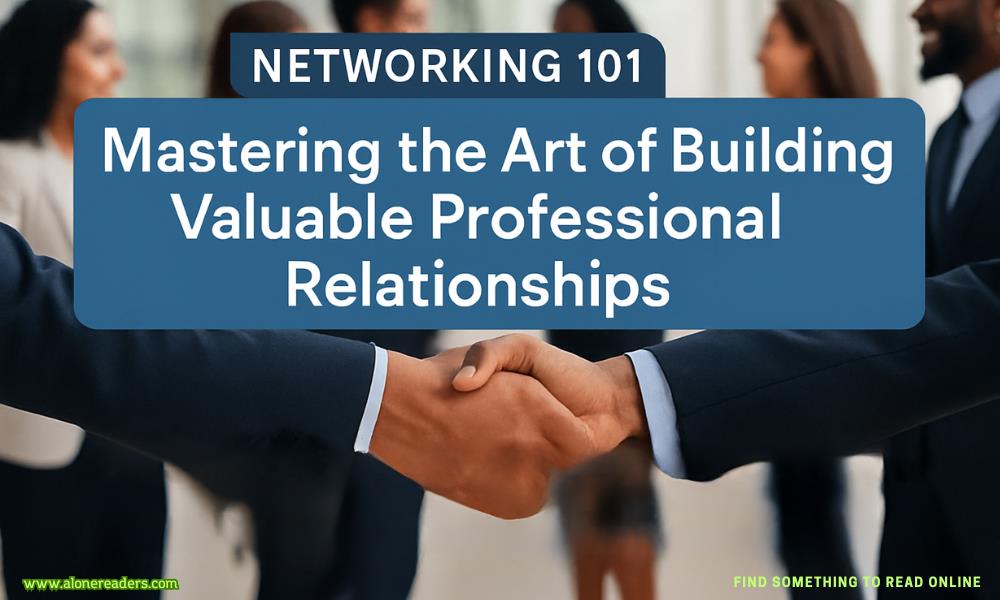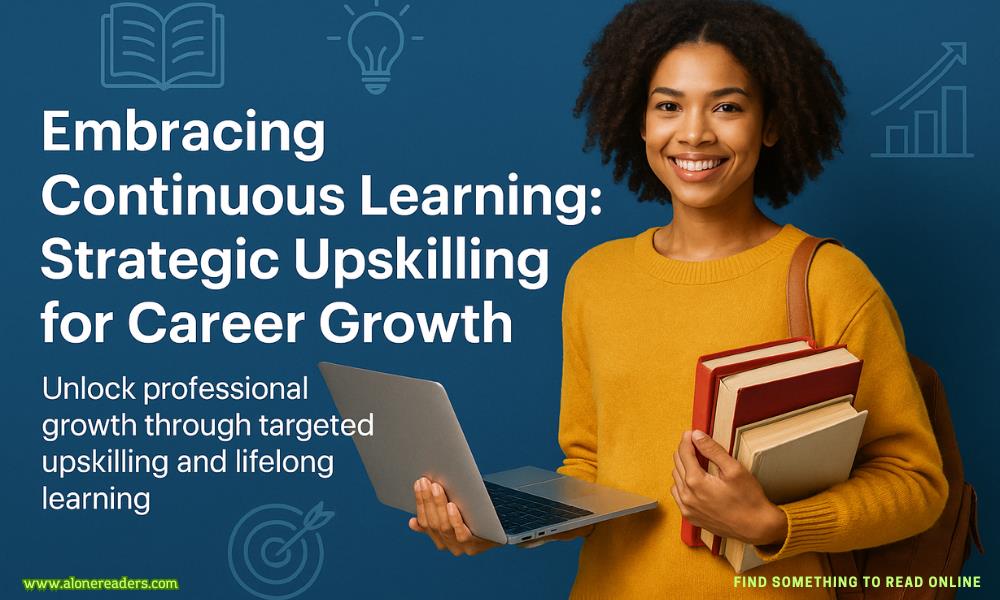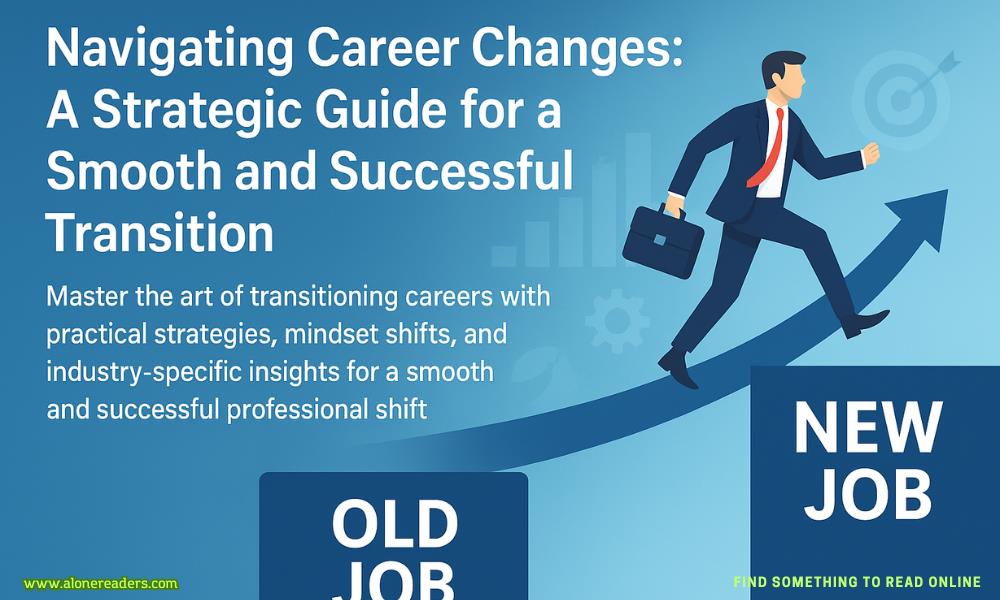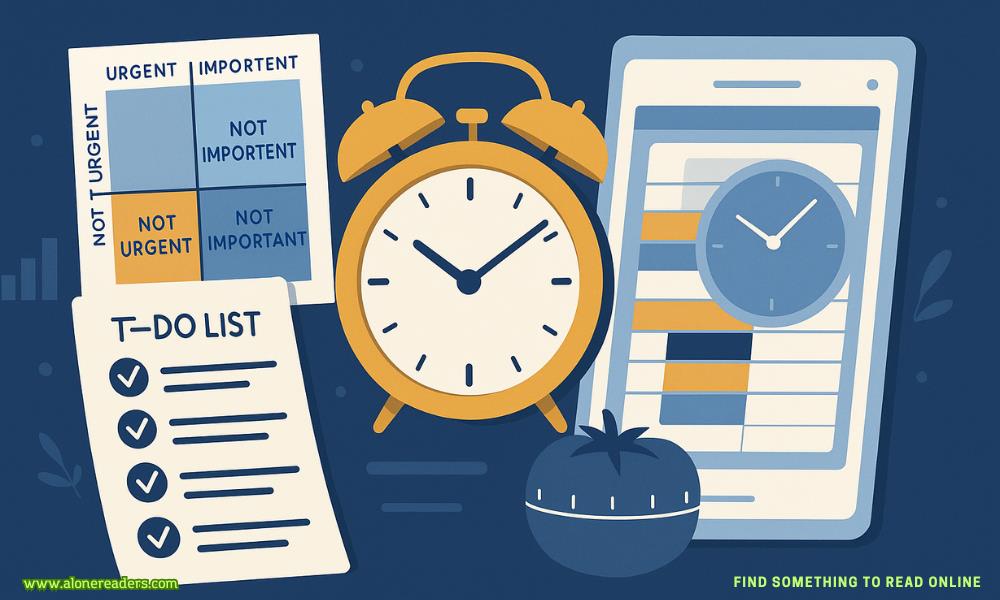Page 29 of Like It's 1999
Kate and I share a grimace. “Let’s just say I’m as good at making Korean food as Kate is at making southern food.”
Pam laughs. “You’re a terrible cook too?”
“Hey!” Kate pretends to be offended.
Pam grimaces. “Sorry, but my stomach still hurts from that macaroni and cheese you made that one time.”
Kate shrugs. “It takes talent to cook as badly as I do.”
“Part of me wishes I could cook,” I say. “My mom—and my husband’s mom—are very disappointed in me.” I throw up my hands. “But they don’t have recipes. They learned by cooking with their mothers when they were kids.” I point to my chest. “WhenIwas a kid, my mom was at the wig store with my dad when we got home from school. I’d help my little brother with his homework, and then when my parents got home, I’d do my own homework. They pushed us to be like the white kids we went to school with, and now they’re mad that we don’t have any connection to our Korean culture.” My voice has risen over the course of this little speech. “Sorry. I guess I’m a little frustrated.”
Pam pats my knee. “That’s okay. Deb’s a pretty terrible cook too. But thatisher culture. I mean, I guess when potatoes are all the Irish had to work with…”
“I’m going to ignore that because I need to back up.” Deb says. “Your mom worked at awig store?”
“My parentsownedwig stores. Lots of them.” I shudder. “One of my uncles had a wig manufacturing thing in Korea and somehow that turned into opening wig stores in America. They were so successful, he got my dad to come and help him open a whole chain of them.”
“Yeah, that must be an immigrant thing,” Pam says. “My great-grandfather came from Italy and started a knife-sharpening business in Brooklyn. He had a truck and would drive around to restaurants on this regular route. Most of his brothers followed him, and they became, like, the knife-sharpening barons of Brooklyn. My grandpa did it too. I loved that truck. He used to let me help him park it in the garage when I was little.”
“The weird thing is,” I say, “my parents were ashamed of the stores—that they were shopkeepers. I didn’t even know where they worked for the longest time. My mom told me just a couple months ago that she would’ve preferred that we come to the shop after school instead of being home by ourselves, but my dad didn’t want us to. He didn’t want us to think that working at a store was good enough.”
Flora, who’s Deb and Pam’s youngest, makes a little mewing sound. Deb picks her up to bounce her a bit. “I was a latchkey kid, too. I can’t imagine doing that with our kids, but we were fine.”
Kate picks up Billy and lifts her shirt to nurse him, not at all self-conscious about us seeing her boob. “Isn’t it funny how kids don’t think about what their parents do all day at work? I’m still not sure exactly what my dad does. He doesn’t talk about it much. My sister and I always thought he was a spy.”
“That would actually be pretty cool,” Pam says.
“So, when did you find out about the wig store?” Kate asks.
“I’m not sure. I was so busy trying to figure out how to fit in at school when I didn’t look like anybody else that—like Kate said—I really didn’t pay attention. I know they created a franchise at some point and then got into real estate. I remember my dad taking me to an office and then stopping by a wig store when I was a freshman in high school. I asked if I could work there so I’d have some spending money, but I wasn’t allowed. My ‘job’ was to get straight As and get into the best college and then be a doctor.”
“Well, you got two out of three,” Kate says.
“Now they don’t care about any of that. Now they just want me to pop out babies.” I can’t keep the edge from my voice, and now I’m crying again, dammit. Deb hands me a box of tissues. “Sorry. I, uh… I had a miscarriage recently.”
“Oh, honey. I’m so sorry.” Deb gives Pam’s arm a squeeze.
“I had a couple of those. It sucks,” Pam says.
I cough out a laugh. “Yeah, it pretty much sucks to have a unicornuate uterus.”
“Your uterus is a unicorn?” Kate giggles and then slaps her hand over her mouth. “Sorry.”
“S’okay. I did the same thing when they told me.” I circle a hand over my belly. “It’s some kind of mal… formation. We could keep trying but”—I shrug—“maybe it’s a sign.”
Pam rubs her own belly. “Uteruses are mysterious things. Like, when you do manage to grow a baby in there, you don’tdoanything. It just happens. Same for when it doesn’t happen. Nothing you can do.”
I heave out a big sigh. “Yep, nothing you can do.”
We all sit in silence for a few minutes, but it’s not an uncomfortable one. Then Imogen comes running, in tears about something Lindy said, which sets off the babies, and then everyone is crying.
Except me. Maybe I’m finally on the road to finding peace with the state of my uterus. My unicorn uterus. Maybe I should be thankful that it’s my ticket out from a loveless marriage and from my parents’ expectations. Maybe it could set me free.
A few days later, I scrape the snow off my boots in Kate’s mudroom and hang up my coat before going in search of the lady of the house. It’s quiet, so I tiptoe in case someone’s napping. A lot of napping happens here. Kate’s a big believer in it, though she never seems to be the one doing it.
When I find her, though, she’s stretched out in bed with her eyes closed. Billy’s quiet in the bassinet next to her. Immie’s asleep too, so I go back downstairs to set out the presents I’ve made for my hosts.
I spent part of yesterday developing photos. This morning, I picked them up from the framer. I think I did a pretty good job of capturing Immie’s mischievous grin and the baby’s simple beauty, if I do say so myself.
- The CEO's Obsession by Emma Bray
- Hardy by Sam Crescent
- Whizz by Sam Crescent
- Forbidden Vows by Shanna Handel
- Dubious Secrets by B. Sobjakken
- The Proposal by J.L. Perry
- Claimed by Lexie Davis
- In His Arms by Lexie Davis
- Breaking the Rules (Roaming Devils MC 1) by Lexie Davis
- Ticket to the Stars: Part Two by Candace Wondrak
- Mafia King's Ruthless Obsession by A.J. Summers
- The Pucking Arrangement by A.J. Summers
- The Invitation by Jodi Ellen Malpas
- Deep End by Ali Hazelwood
- Unexpected Pass by A. Blossom
- Redemption by Lila Dawes







